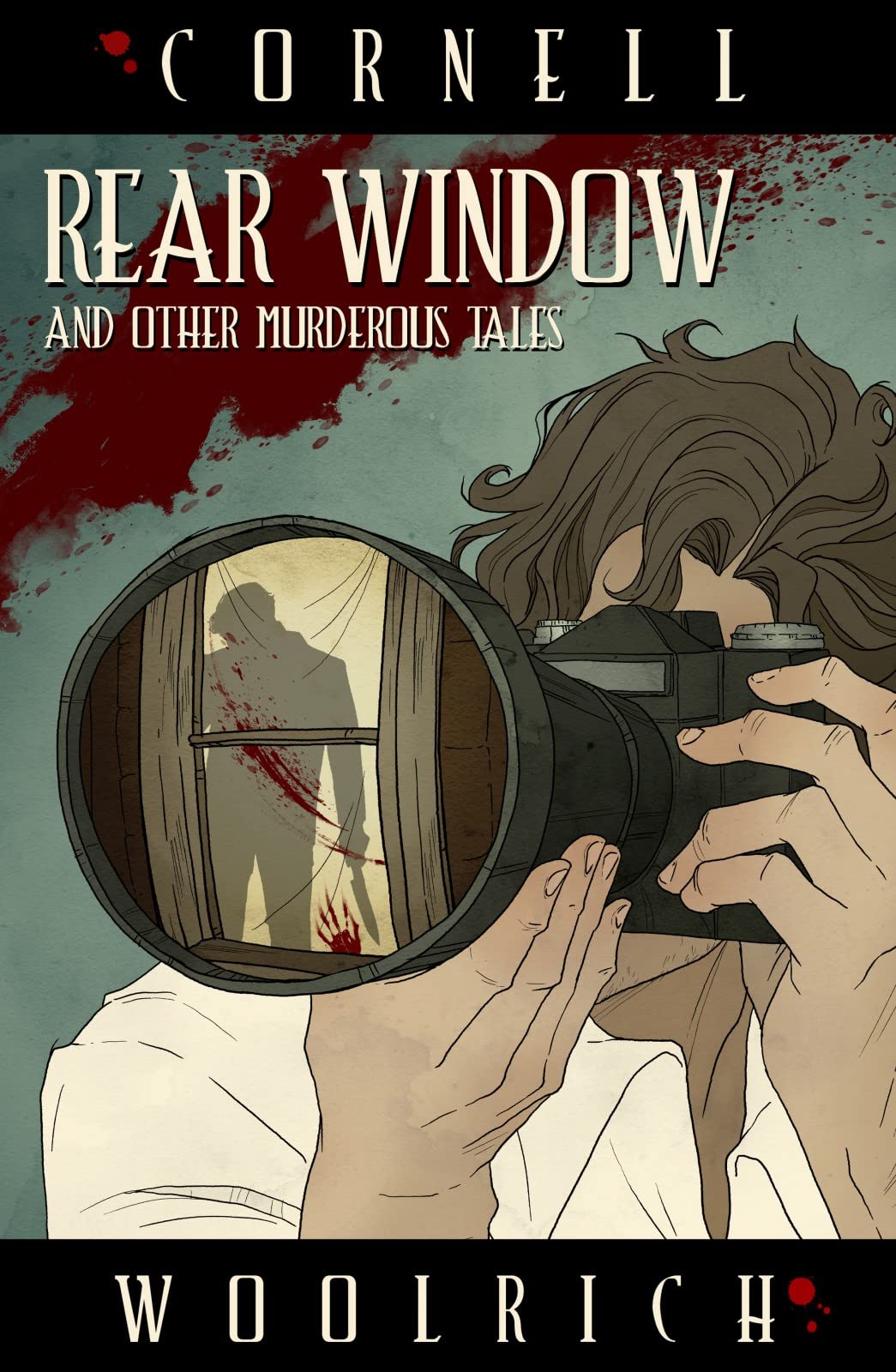
REAR WINDOW AND OTHER MURDEROUS TALES is a brand new, never before seen collection featuring nine of famed crime and suspense writer Cornell Woolrich’s most riveting short stories. At its center is “Rear Window,” originally titled “It Had to be Murder,” the story Alfred Hitchcock adapted into his classic 1954 suspense film starring James Stewart. Each tale within this collection revolves around a murder, whether from the point of view of the murderer himself, the investigating detective, a witness, the falsely accused, or an innocent spouse. Woolrich masterfully reveals the psychological toll the gruesome act of murder takes on all those involved. His writing brims with suspense, fear, paranoia, anxiety, mystery, and the economic desperation of the Great Depression, in which many of his stories are set. A reader will find no finer suspense fiction than in these nine classic -Rear Window -The Corpse Next Door -Morning After Murder -Two Murders, One Crime -Dusk to Dawn -Silent as the Grave -Murder at the Automat -Crazy House -New York Blues Cornell George Hopley-Woolrich (1903–1968) is one of America's best crime and suspense writers, and sometimes wrote under the pseudonyms William Irish or George Hopley. He invented and mastered the genre of "pulp-fiction" and wrote hundreds of short stories, novellas and full-length novels, including The Bride Wore Black. Many of his works were adapted into films, television shows and radio programs.
Author

Cornell Woolrich is widely regarded as the twentieth century’s finest writer of pure suspense fiction. The author of numerous classic novels and short stories (many of which were turned into classic films) such as Rear Window, The Bride Wore Black, The Night Has a Thousand Eyes, Waltz Into Darkness, and I Married a Dead Man, Woolrich began his career in the 1920s writing mainstream novels that won him comparisons to F. Scott Fitzgerald. The bulk of his best-known work, however, was written in the field of crime fiction, often appearing serialized in pulp magazines or as paperback novels. Because he was prolific, he found it necessary to publish under multiple pseudonyms, including "William Irish" and "George Hopley" [...] Woolrich lived a life as dark and emotionally tortured as any of his unfortunate characters and died, alone, in a seedy Manhattan hotel room following the amputation of a gangrenous leg. Upon his death, he left a bequest of one million dollars to Columbia University, to fund a scholarship for young writers. Source: [http://www.hardcasecrime.com/books\_bi...]